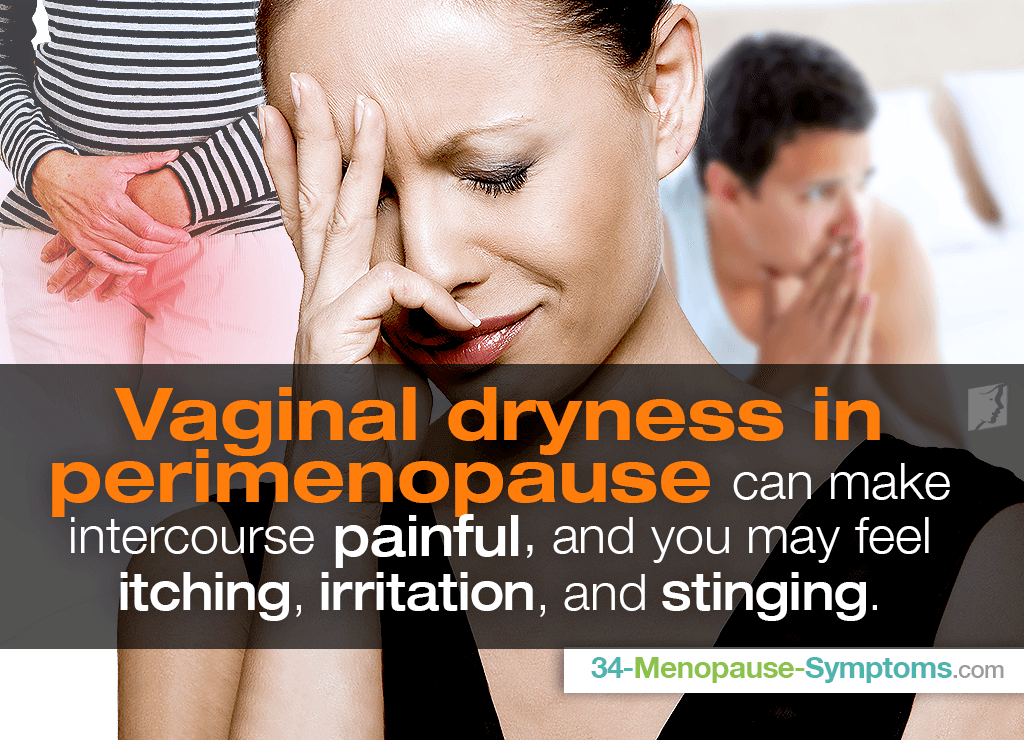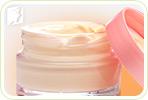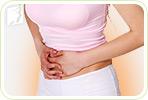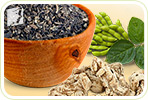Vaginal dryness due to menopause can be extremely trying. In addition to being a source of daily discomfort, it can also cause pain during intercourse. Unfortunately, a third of women will suffer from this symptom during the menopausal transition.
Continue reading to find out why vaginal dryness during menopause occurs and how to treat this common symptom as you enter the next part of your reproductive life.
What Is Vaginal Dryness?
Vaginal dryness is characterized by a lack of natural lubrication or moisture in the vaginal area. When a woman becomes sexually aroused, the body is able to lubricate the vaginal walls with a clear fluid, which is excreted from the glands within the wall.
However, when this process becomes disrupted, vaginal dryness occurs, bringing with it itching, stinging, and irritation in the vaginal area. This can lead to painful intercourse that evokes light bleeding and a need to urinate frequently as well.
What's the Relationship between Menopause and Vaginal Dryness?
Vaginal dryness due to menopause is consequence of the hormonal changes that women experience in this transitional period.
Normally, the reproductive hormone estrogen ensures that the vagina remains moist and reactive to sexual arousal by keeping the vaginal lining healthy and lubricated.
However, during menopause, production of estrogen decreases. This reduction causes vaginal tissues to become thinner, dryer, and less elastic (called vaginal atrophy). The lack of estrogen also lessens vaginal secretions, signifying that there is less natural lubrication.
What Does This Mean For Me?
All in all, you must acknowledge that vaginal dryness in perimenopause can make sexual intercourse painful, and you may also encounter associated pains of itching, irritation, and stinging. However, it is an extremely common menopausal symptom that can be treated with various natural remedies and pharmaceutical options.
How Can I Treat Vaginal Dryness During Menopause?
Vaginal moisturizers and lubricants are two of the most recommended treatments for feminine dryness during menopause. Apply water-based lubricant to the vagina prior to intercourse and throughout as necessary. This will reduce any friction. To relieve any pain experienced throughout the day, purchase a vaginal cream or moisturizer for regular application, effective in treating external itching and stinging.
However, treating vaginal dryness once and for all focuses on treating the root cause of hormonal imbalance. This can be achieved naturally by leading a healthy lifestyle that includes a well-balanced diet full of phytoestrogens to help fill the hormonal gap in addition to regular exercise for optimized endocrine system functioning.
As stress can aggravate menopause symptoms, partake in deep breathing techniques daily, including yoga or meditation. For best results, consider the use of alternative medicine like phytoestrogenic herbal supplements or hormone-regulating supplements.
Key Takeaways
If you are suffering from vaginal dryness due to menopause, just know that you are not alone during this exasperating time. Vaginal dryness, which is characterized by a lack of natural lubrication due to decreased estrogen levels, affects one in every three women passing through the menopausal transition.
Although it can make sexual intercourse painful and cause itching, irritation, and stinging, it can be managed and treated easily. For instant relief, implement the use of vaginal moisturizers and lubricants. However, for long-term relief, strive to rebalance hormone levels the natural way through lifestyle changes and alternative medicine.
So, don't grin and bear it. Take charge of your intimate health today.
Sources
- Healthy Women. (n.d.). Menopause and Your Sexual Health: When Dryness Equals Discomfort. Retrieved November 22, 2018, from https://www.healthywomen.org/content/article/menopause-and-your-sexual-health-when-dryness-equals-discomfort
- Holland Hospital. (2018). Yes, You Can Relieve (and Talk About) Vaginal Dryness. Retrieved November 22, 2018, from https://www.hollandhospital.org/healthylife/healthy-life-blogs/yes_you_can_relieve_and_talk_about_vaginal_dryness_107




